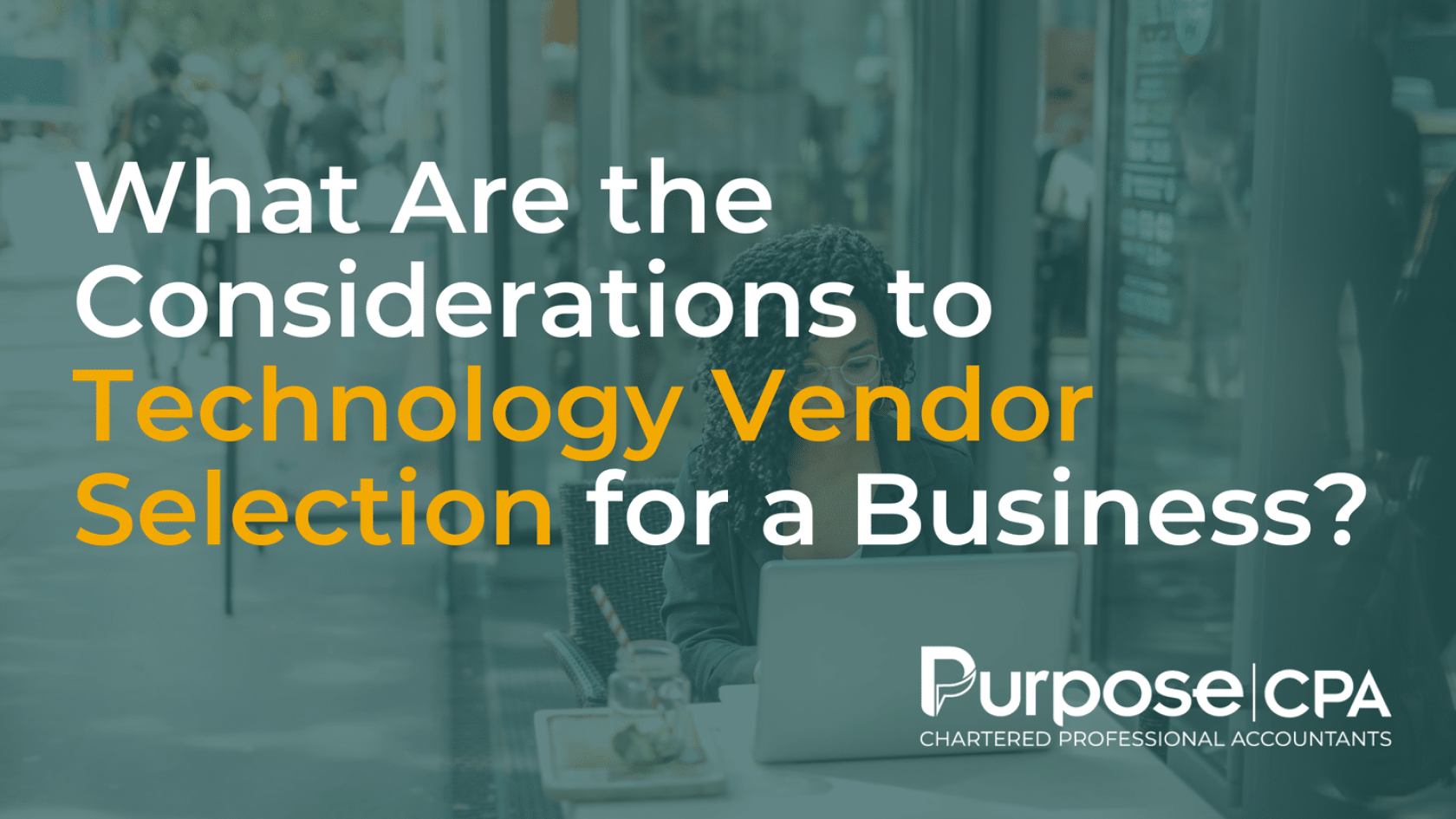Picking the perfect tech partner is a game-changer for your business. This blog breaks down essentials, from understanding your needs to checking the vendor’s rep and ensuring compatibility. Beyond costs, we’ll explore the vibe, stability, and authentic user feedback, making your tech selection a smart and personalized success story.
Who’s this for?
- Small businesses
- Entrepreneurs
Keep reading if you are:
- Interested in learning more about technology vendors
- Seeking clarity on selecting the right technology for your business
Why does this matter to me?
In our tech-driven era, selecting the right tech vendor is crucial for business success. Whether you’re a small business or an entrepreneur, this blog provides key insights to navigate the complexities of vendor selection, ensuring informed decisions that impact your operations positively.
TLDR:
Choosing the right tech vendor is crucial for your business. Prioritize understanding your needs, checking the vendor’s rep, and assessing scalability. Ensure compatibility, security, and compliance. Look into data protection, support, and training. Consider costs, vendor stability, and location. Evaluate customization, user experience, and feedback. Scrutinize SLAs, exit strategies, and innovation commitment. Carefully negotiate contractual terms. Thorough research and expert advice are key to a successful vendor selection process.
What are the considerations to technology vendor selection for a business?
Selecting the right technology vendor for your business is a critical decision that can significantly impact your operations and success. Consider the following factors when evaluating and selecting a technology vendor:
- Business Needs and Objectives: Begin by understanding your specific business needs and objectives. What problems are you trying to solve, and what goals do you want to achieve with the technology? The vendor should align with these needs.
- Vendor Reputation and Track Record: Research the vendor’s reputation and track record. Look for reviews, customer testimonials, and case studies. Ask for references and check their history with past clients.
- Technology Expertise: Assess the vendor’s expertise in the technology you require. Do they have a strong understanding of the software or hardware, and can they provide the necessary support and customization?
- Scalability: Consider the scalability of the vendor’s solutions. Can their products or services grow with your business, accommodating increased workloads or users?
- Compatibility: Ensure that the vendor’s technology is compatible with your existing infrastructure and systems. Incompatibility can lead to integration challenges.
- Security and Compliance: Examine the vendor’s security measures and commitment to compliance with relevant regulations. Security breaches and compliance issues can be costly and damaging.
- Data Protection: Assess the vendor’s data protection and privacy policies. Ensure that they handle data securely and in compliance with data protection laws.
- Support and Service Level Agreements (SLAs): Review the vendor’s support offerings and SLAs. Are they responsive to issues and able to provide timely assistance when problems arise?
- Training and Education: Evaluate the vendor’s training and education programs. Ensure they offer resources and training for your team to effectively use the technology.
- Cost and Pricing Model: Consider the total cost of ownership, including upfront costs, licensing fees, maintenance, and potential add-on expenses. Understand the vendor’s pricing model and terms.
- Vendor Stability: Assess the financial stability and longevity of the vendor. You want to partner with a company that is likely to be around for the long term.
- Vendor Location and Support Availability: Consider the vendor’s location and the availability of support during your business hours. This can impact response times and support availability.
- Customization and Flexibility: Determine whether the vendor allows customization and flexibility in adapting their solutions to your unique business requirements.
- Vendor Ecosystem and Partnerships: Explore the vendor’s ecosystem and partnerships. An active community, third-party integrations, and a strong network can enhance the value of their offerings.
- User Experience: Evaluate the user experience of the vendor’s technology. User-friendly interfaces and intuitive designs can improve adoption and satisfaction.
- Service Level Agreements (SLAs): Review SLAs to understand the vendor’s commitments regarding uptime, response times, and issue resolution. Make sure these align with your business needs.
- Exit Strategy: Consider your exit strategy. If you ever need to switch vendors, how easily can you migrate data and processes away from the current vendor’s technology?
- Feedback from Existing Customers: Talk to existing customers of the vendor to gather feedback on their experiences and satisfaction with the technology and support.
- Innovation and Future Roadmap: Assess the vendor’s commitment to innovation and their future product roadmap. You want to invest in technology that will remain relevant and competitive.
- Contractual Terms and Negotiation: Carefully review contractual terms, including licensing, support, and maintenance agreements. Be prepared to negotiate terms that are favorable to your business.
Selecting the right technology vendor is a complex and critical decision. It’s essential to conduct thorough research, request proposals, and consider all these factors in your evaluation. Engaging stakeholders and seeking expert advice can also be valuable during the vendor selection process. Ready to level up your tech game? Let’s talk. Our team’s got your back in finding the perfect tech fit for your business.




